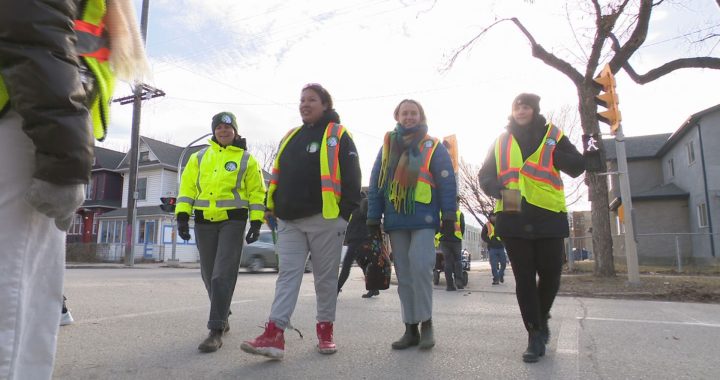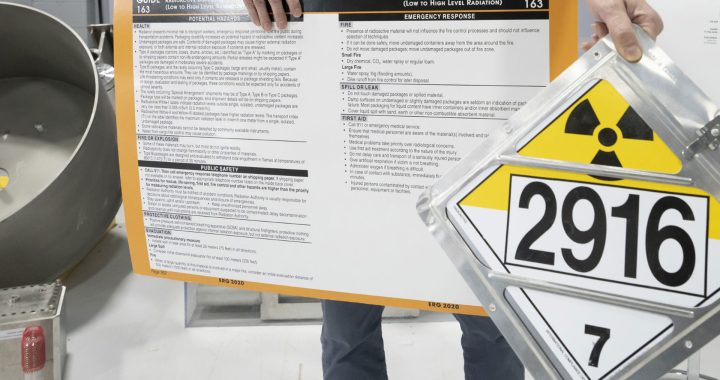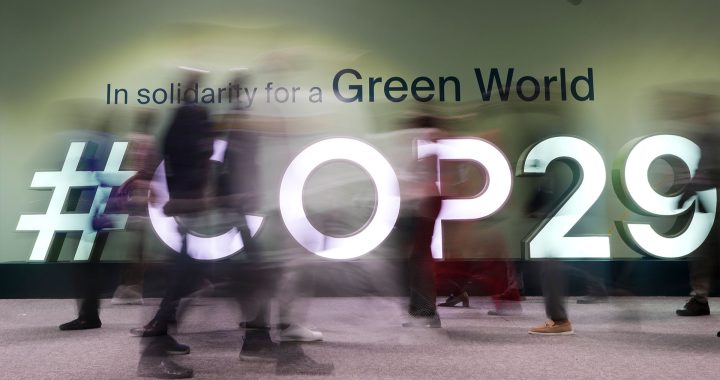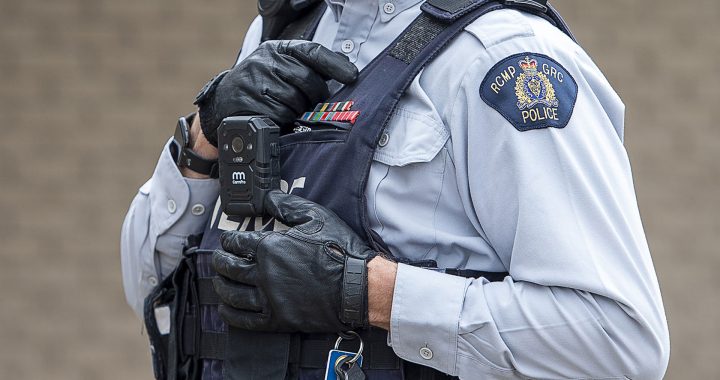Innu astronomer Laurie Rousseau-Nepton has never witnessed a total solar eclipse but that will change on Monday when she will be observing this once-in-a-lifetime event.
“For most people, when there’s a total solar eclipse in the sky, it’s overwhelmingly strange and beautiful at the same time. It’s kind of inexplicable. This is no ordinary day,” Rousseau-Nepton, who works at the University of Toronto, said during a recent interview.
The last time a total solar eclipse passed over Quebec was in 1972 – the next one won’t happen until the year 2106.
Rousseau-Nepton explained that a total solar eclipse happens at a particular time when the moon passes between the sun and the Earth and casts a shadow.
“Keep an eye on your surroundings, on what’s happening around you. It’s going to get colder and darker. We’ll see shadows. We’ll see the solar corona,” the astronomer said.
“And then it will last for a few minutes before we can see the little diamond, the moment when once again the sunlight can break through. And it will reach us, and that’s when we put on our glasses.”
According to some experts, First Nations culture and traditions are deeply rooted in the stars. So, it is no surprise that legends about solar eclipses have been passed down through the generations.
“There is a Cree legend, we have a character, his name was Chikabesh and Chikabesh is a legend widely known within First Nations. The Crees west of us, the Innu east of us have similar stories, identical stories of Chikabesh,” explained Jamie Moses, who hails from the Cree community of Eastmain, about 1,200 km north of Montreal.
He noted that it was his grandfather who first told him the story of how Chikabesh, a folk hero, once snared the sun.
“It could have been an eclipse at that time when Chikabesh snared the sun. That is a reference of some people relating to the eclipse of having nighttime in the middle of the day,” Moses said.
He added that he hopes for clear skies in Eastmain on Monday.
“It’s a unique moment. It’s a moment we experience as a community. It’s something we want to be able to observe together,” Rousseau-Nepton said.









